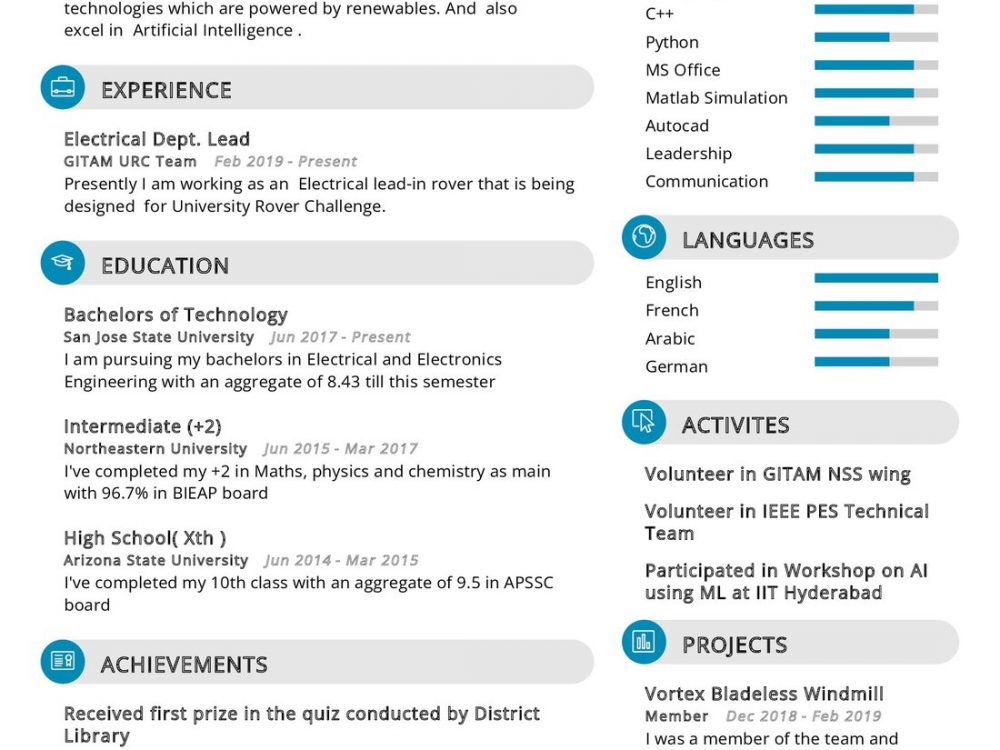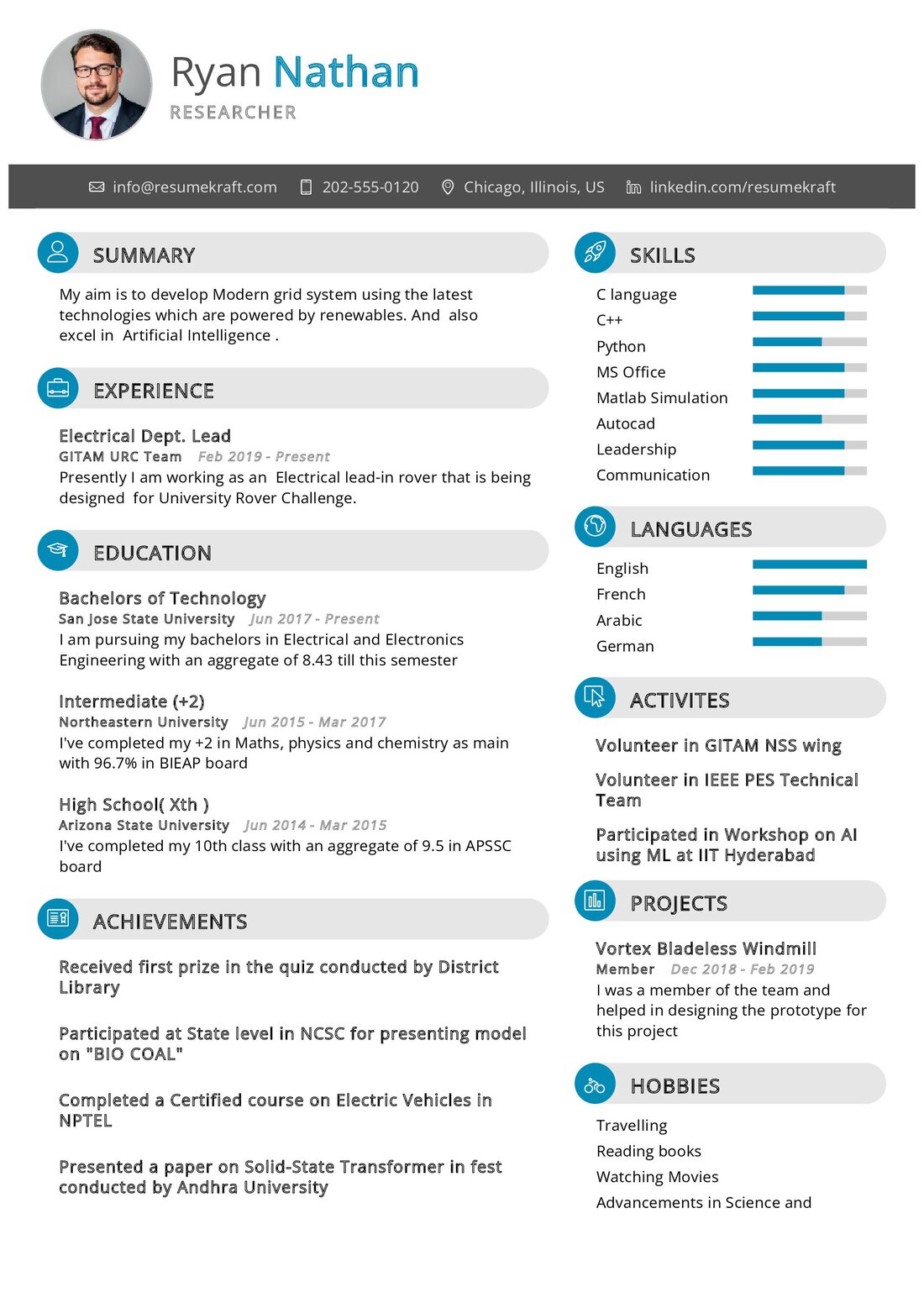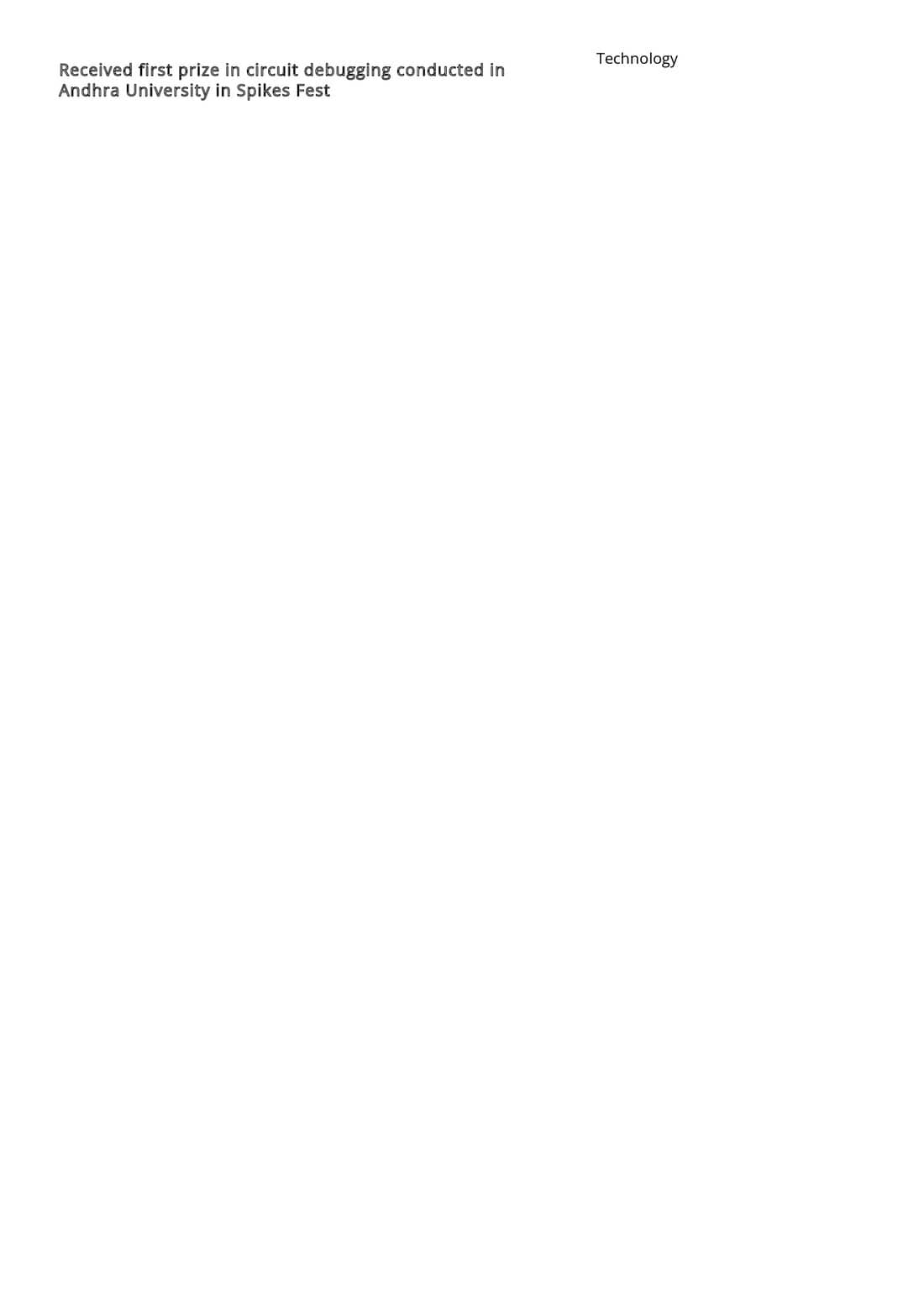What is the Role of a Researcher?
Embarking on a career as a researcher means stepping into a world of discovery, analysis, and innovation. Researchers are the backbone of scientific advancements, working tirelessly behind the scenes to unravel the mysteries of various phenomena, be it in the fields of science, technology, humanities, or social sciences. Their role is multifaceted, involving the meticulous gathering of data, analyzing it with a critical eye, and drawing conclusions that can potentially shape policies, influence theories, or lead to groundbreaking discoveries.
Researchers are often found collaborating with experts from different fields, bringing a multidisciplinary approach to their work. They are adept at using various research methodologies and tools to dig deep into their subject matter, always with a keen eye for detail and a relentless pursuit of truth. Let’s delve deeper into the dynamic role of a researcher, a profession that is both challenging and rewarding.
What are the Researcher Job Requirements?
The path to becoming a researcher is paved with rigorous academic training and hands-on experience. The requirements can vary significantly depending on the specific field of research one is venturing into. However, there are certain universal prerequisites that aspiring researchers must fulfill. Let’s explore the foundational stones that build a researcher’s career:
- A Bachelor’s degree in a relevant field is often the starting point, laying the groundwork for specialized knowledge and skills.
- Master’s or Doctoral degrees are highly recommended, offering a deep dive into research methodologies and specialized areas of study.
- Proven experience in research, showcasing a history of involvement in substantial research projects.
- Publication of research papers in reputed journals, a testament to one’s contributions to the field.
- Proficiency in using research tools and software, a necessary skill set for modern-day research.
- Excellent analytical and critical thinking skills, the pillars of successful research endeavors.
Aspiring researchers should also be prepared to undertake internships and assistant roles to gain practical experience and build a robust portfolio.
What are the Responsibilities of a Researcher?
The role of a researcher is a tapestry of varied responsibilities, each contributing to the creation of a rich and detailed picture of the research landscape. Let’s unravel the core responsibilities that define this role:
- Formulating research questions and hypotheses, the starting point of any research project.
- Designing research studies, meticulously planning each step to ensure the reliability and validity of the results.
- Collecting and analyzing data, a critical phase where patterns are identified and insights are gleaned.
- Writing research papers and reports, narrating the findings in a coherent and comprehensive manner.
- Presenting research findings at conferences and seminars, sharing knowledge with the wider academic community.
- Collaborating with other researchers and experts, fostering a culture of knowledge sharing and interdisciplinary research.
- Securing research grants and funding, a vital aspect that fuels research projects.
Each responsibility is a thread in the intricate web of research, weaving a narrative of discovery, analysis, and innovation.
Researcher Resume Writing Tips
Creating a researcher resume that stands out in the competitive job market is a meticulous process. Here are some tips to guide you in crafting a resume that narrates your journey in the research field effectively:
- Highlight your educational qualifications, showcasing the depth of your academic background.
- Detail your research projects, giving a glimpse into the scope and impact of your work.
- Include a list of your publications, a testament to your contributions to the field.
- Mention any awards or recognitions received, showcasing your expertise and accomplishments.
- Include a skills section, highlighting both technical and soft skills pertinent to research roles.
Each tip is a stepping stone towards creating a resume that truly reflects your capabilities and achievements as a researcher.
Researcher Resume Summary Examples
Your resume summary is the gateway to your career narrative, offering a snapshot of your journey so far. Here are some examples to inspire you:
- “Experienced researcher with a background in environmental science, adept at multidisciplinary research and data analysis.”
- “Ph.D. holder with a rich history of published research in the field of psychology, known for innovative approaches to complex research questions.”
- “Dedicated researcher with expertise in historical studies, with a proven track record of securing grants for groundbreaking research projects.”
Each summary offers a glimpse into your career, setting the stage for the detailed narrative that follows in your resume.
Create a Strong Experience Section for Your Researcher Resume
The experience section is the heart of your resume, narrating your journey in the research field. Here’s how to craft a compelling experience section:
- Detail the research projects you have led or been a part of, showcasing the depth of your experience.
- Highlight collaborations with other experts, illustrating your ability to work in multidisciplinary teams.
- Mention the research methodologies you are proficient in, showcasing your technical expertise.
- Include any teaching or mentoring experience, highlighting your role in nurturing the next generation of researchers.
Each entry in this section is a chapter in your career story, narrating your growth and achievements in the research field.
Sample Education Section for Your Researcher Resume
Your educational background is the foundation of your career as a researcher. Here is a sample education section that showcases your academic journey:
- Ph.D. in Sociology, University of XYZ, 2018
- Master of Science in Research Methodologies, ABC University, 2014
- Bachelor of Arts in Psychology, DEF University, 2011
Each degree narrates a phase of your academic journey, showcasing your deep dive into the world of research.
Researcher Skills for Your Resume
Your skill set is a rich tapestry of abilities, both innate and acquired, that you bring to your role as a researcher. Here are some skills to consider including in your resume:
Soft Skills:
- Critical thinking and analytical skills, the ability to delve deep into complex issues.
- Attention to detail, a critical skill in ensuring the accuracy of your research.
- Collaborative mindset, the ability to work harmoniously with others.
- Excellent written and verbal communication skills, vital for presenting your research findings.
- Time management skills, ensuring the timely completion of research projects.
Hard Skills:
- Proficiency in research methodologies, both qualitative and quantitative.
- Expertise in statistical analysis and data interpretation.
- Knowledge of research software and tools, a necessary skill in the digital age.
- Grant writing abilities, a vital skill in securing funding for your research projects.
- Publication and peer review experience, showcasing your active participation in the research community.
Each skill is a testament to your capabilities, showcasing your readiness to take on challenging research roles.
Most Common Mistakes to Avoid When Writing a Researcher Resume
As you craft your researcher resume, it is essential to avoid common pitfalls that can hinder your chances of landing the desired role. Here are some mistakes to steer clear of:
- Using a one-size-fits-all resume for all job applications, a strategy that fails to highlight your unique fit for specific roles.
- Overloading your resume with technical jargon, which can make it inaccessible to non-expert reviewers.
- Ignoring the cover letter, a missed opportunity to provide a personal touch to your application.
- Failing to proofread your resume, a mistake that can leave a negative impression.
Each mistake is a potential roadblock in your job search journey, avoid them to craft a resume that truly reflects your expertise and achievements.
Key Takeaways for Your Researcher Resume
As we reach the conclusion of this guide, let’s recap the essential points to keep in mind while crafting your researcher resume:
- Highlight your educational background, showcasing the depth of your academic journey.
- Detail your research projects, giving a glimpse into the scope and impact of your work.
- Include a comprehensive skills section, highlighting both your technical and soft skills.
- Personalize your resume for each job application, showcasing your best fit for the specific role.
Finally, feel free to utilize resources like AI Resume Builder, Resume Design, Resume Samples, Resume Examples, Resume Skills, Resume Help, Resume Synonyms, and Job Responsibilities to create a standout application and prepare for the researcher job interview.
With this comprehensive guide at your disposal, you are well-equipped to craft a researcher resume that narrates your journey with authenticity and flair. Remember, your resume is a canvas where you paint your career story, a narrative of dedication, exploration, and discovery. Best of luck!



